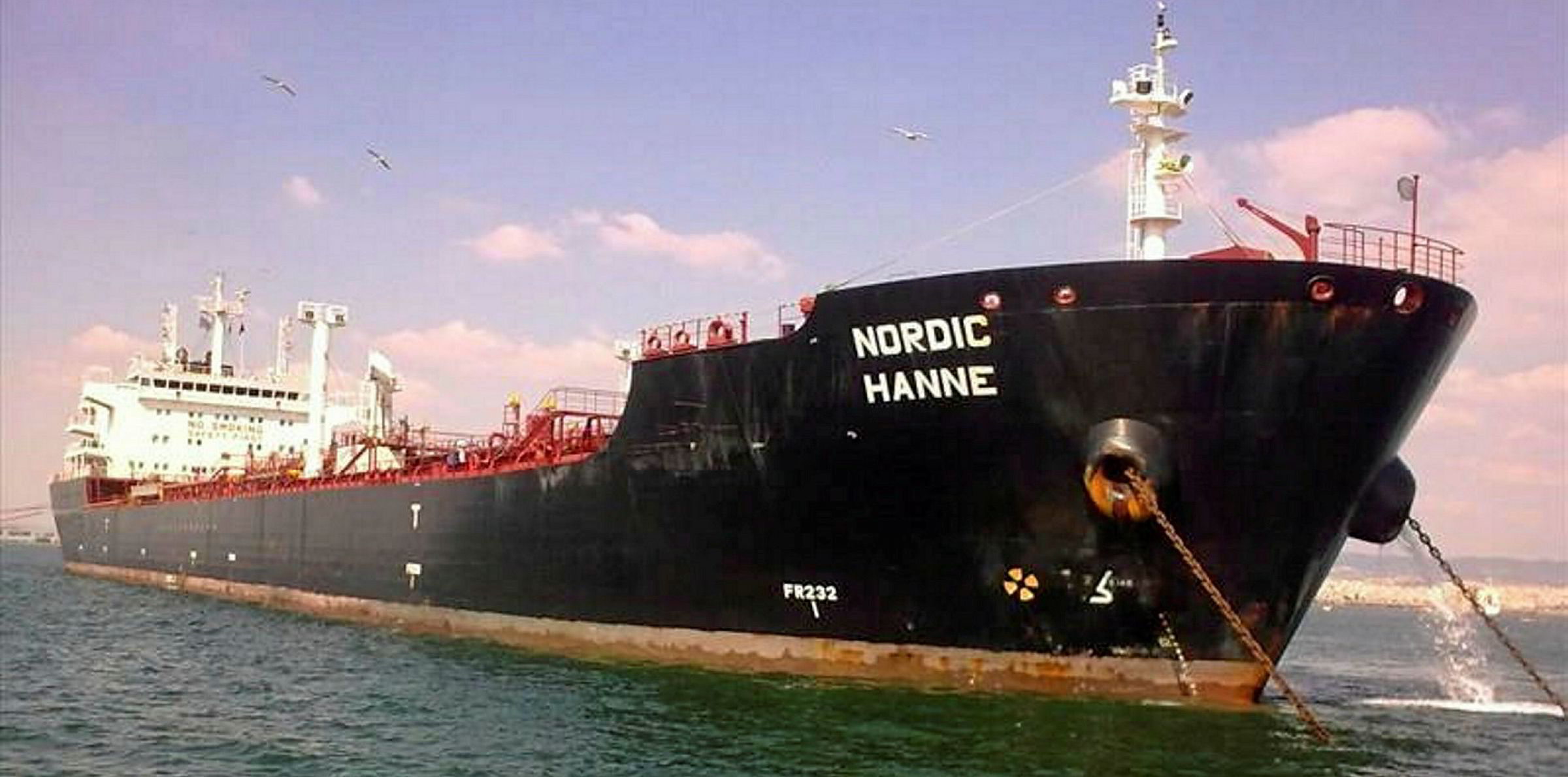Oslo-listed Team Tankers International continues to sell off older chemical carriers and redeliver others as it responds to the Covid-19 pandemic.
The company said it had agreed to offload the 7,700-dwt Sichem Croisic (built 2001) to an unnamed buyer.
Connecitcut-headquartered Team added it also expects to sell the 46,000-dwt Team Explorer (built 2007) before the end of the year as well.
Both have been marked as held for sale with a combined value of $16.6m in its accounts.
In addition, Team has redelivered to owners Saffron 3 and Saffron 1 Leasing the 12,900-dwt Sichem Melbourne (built 2007) and 25,400-dwt Sichem Eagle (built 2008), following the early termination of their bareboat charters.
The company had already sold one tanker and redelivered another in May.
The loss from the sale of ships in the second quarter was $8.4m, Team said on Thursday.
Demand hit by lockdowns
The pandemic hit demand for the regional coated vessels trading in Asia in the first quarter, Team said. But rates rose in the second period.
"While it is still unclear to what extent the pandemic will affect the company’s trading performance going forward, it is likely [it] will affect the performance of [the] fleet negatively over time," the shipowner added.
If the illness lingers "for a prolonged period", with a corresponding impact on the world economy and tanker shipping, then earnings, asset prices and financing costs could all be affected, the company said.
The net loss in the three months to 30 June was $2.4m, compared with a loss of $17.4m a year ago.
Revenue from the 35 ships came in at $48.5m, against $49.4m in 2019.
Time charter rates pushed up
Ebitda rose from $21.7m to $11.8m, while the net loss in the first half was $1.1m, compared to a deficit of $25.3m the year before.
The average time-charter equivalent rate for the fleet was $14,667 per day in the second quarter, up 6.2% from the first three months.
The company will delist from the Oslo exchange on 30 September
Team said earlier this year there were limited benefits in continuing with the listing due to lack of trading volumes, few and concentrated shareholders, the low share price, costs, and the challenges of a publicly quoted market price on the company's merger and acquisition and sale and purchase efforts.





